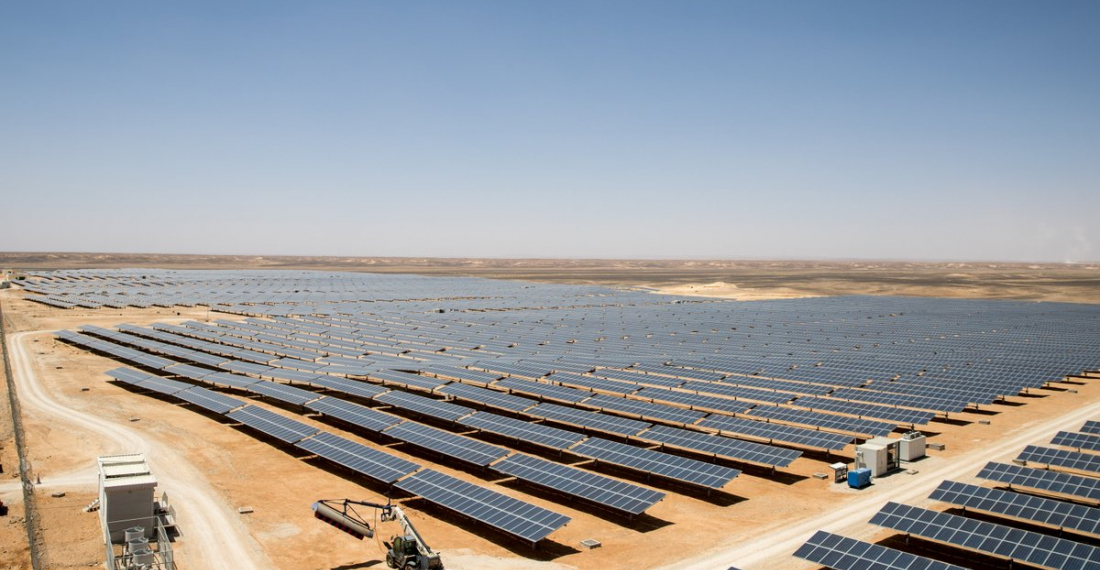- Armenia-Azerbaijan Strategic Expert Platform: Members emphasise the importance of the present moment for the South Caucasus and call for the momentum to be used for the long-term peace and prosperity of the region
- Thursday Interview: Dr. Anar Valiyev
- Food insecurity in Somalia has nearly doubled in the past year
- Türkiye evaluating potential measures in case of a US-Iran conflict
- European Parliament reaffirms support for Ukraine and EU Path
- EU moves ahead with Ukraine loan preparations despite Hungarian block

A new report by the International Renewable Energy Agency (IRENA) identified several policy measures that could help Jordan advance its transition towards renewable sources of energy.
The report was prepared by the Abu Dhabi based assembly for renewables in cooperation with the Jordanian Ministry of Energy and Mineral Resources. The underlying point made in the report is the need from the private sector to increase its engagement in national efforts to make renewables amount to 31% of the total energy produced by 2030.
The policy recommendations of the report aim to increase energy security and boost supply diversity through the accelerated uptake of renewables and the implementation of ideas that can boost end-use electrification and increase the availability of energy transition investments from domestic institutions.
According to the report, capacity building in local financing institutions and project developers can drive their engagement in the energy transition. One important area is to support the electing charging stations for public transport.
“The recommendations of this report comply with the newly issued Energy strategy 2020-2030 and its action plan,” said Hala Zawati, Minister of Energy and Mineral Resources in Jordan. “We are fully aware that to achieve all these ambitious targets, a strong partnership between the public and private sectors is needed. We are also eager to work with international friends and partners to make renewable energy a main pillar of the Jordan energy sector.”
Jordan achieved a major milestone last year when its dependence on renewables increased from 0% to 20% between 2014 to 2020. This achievement was possible through the adoption of renewable technologies such as solar photovoltaic (PV) and onshore wind.
“Jordan boasts significant renewable energy resource potential that if realised will reduce consumer energy costs, improve national energy security, create jobs and stimulate sustainable growth – boosting post COVID-19 economic recovery efforts,” said IRENA Director-General Francesco La Camera.
Read the report here >>








